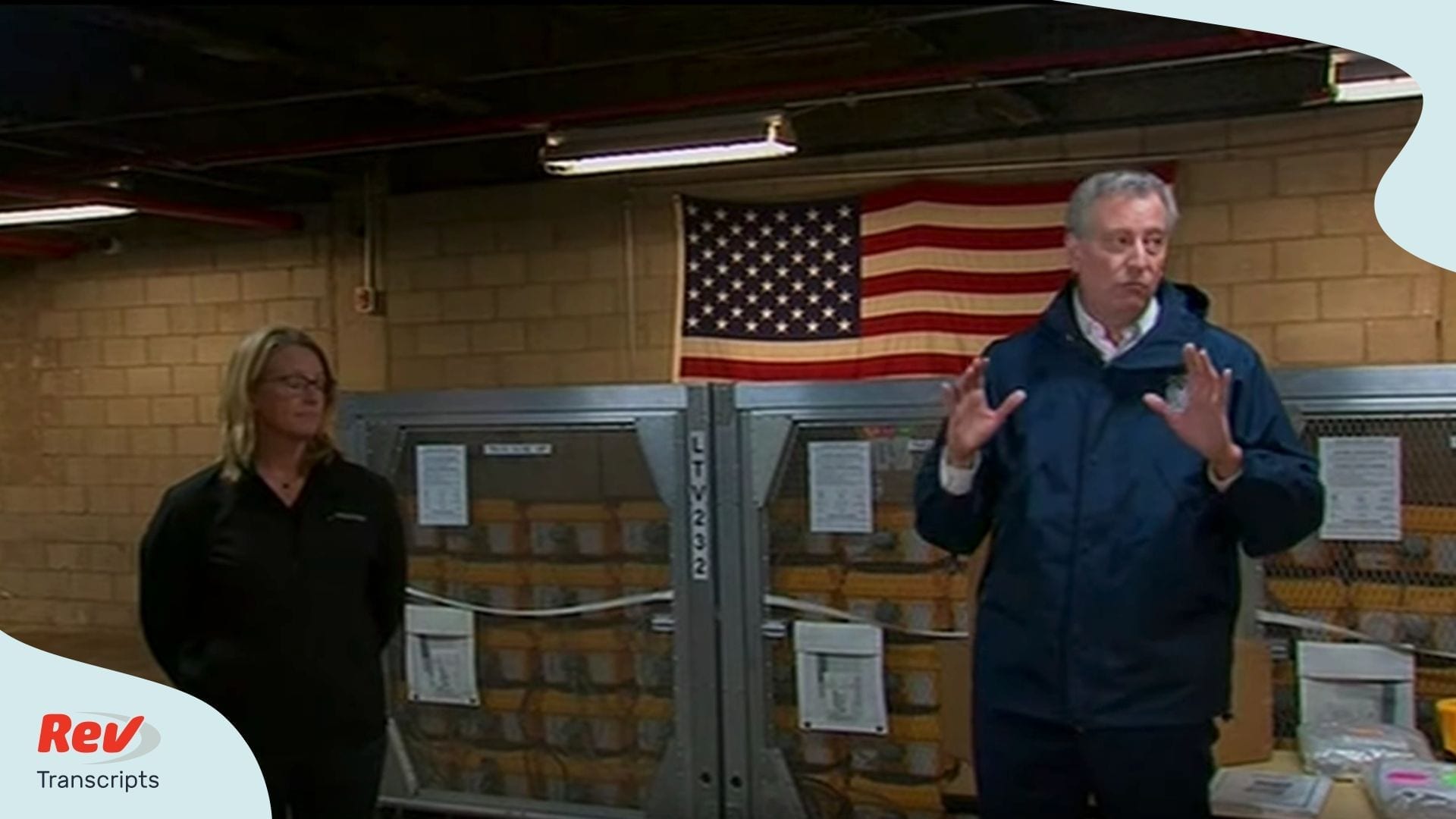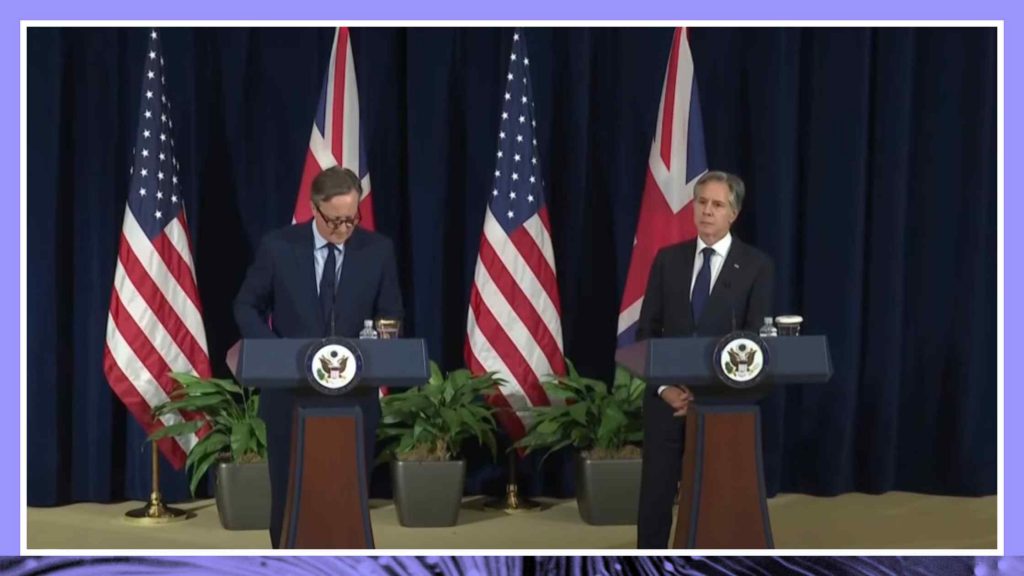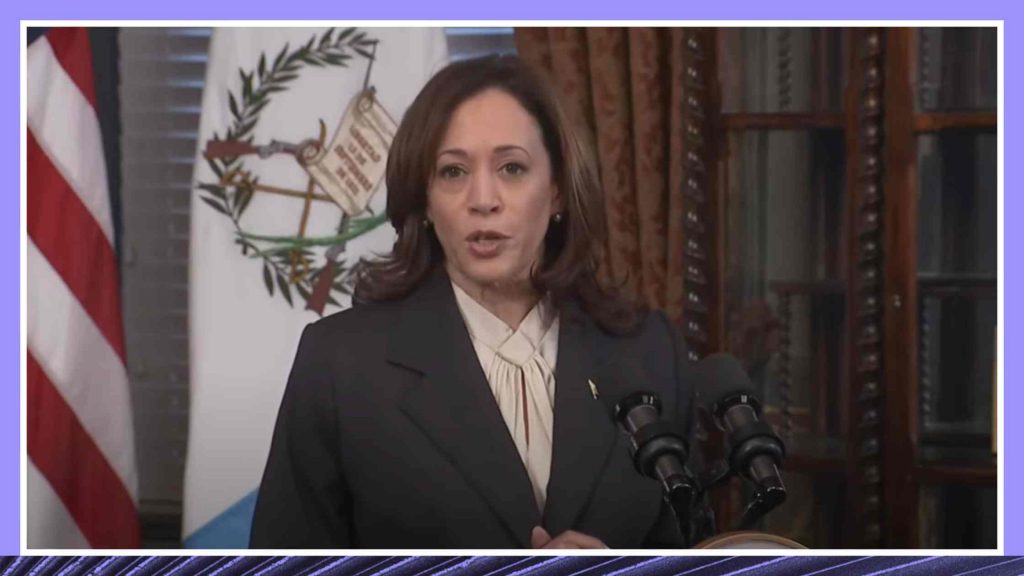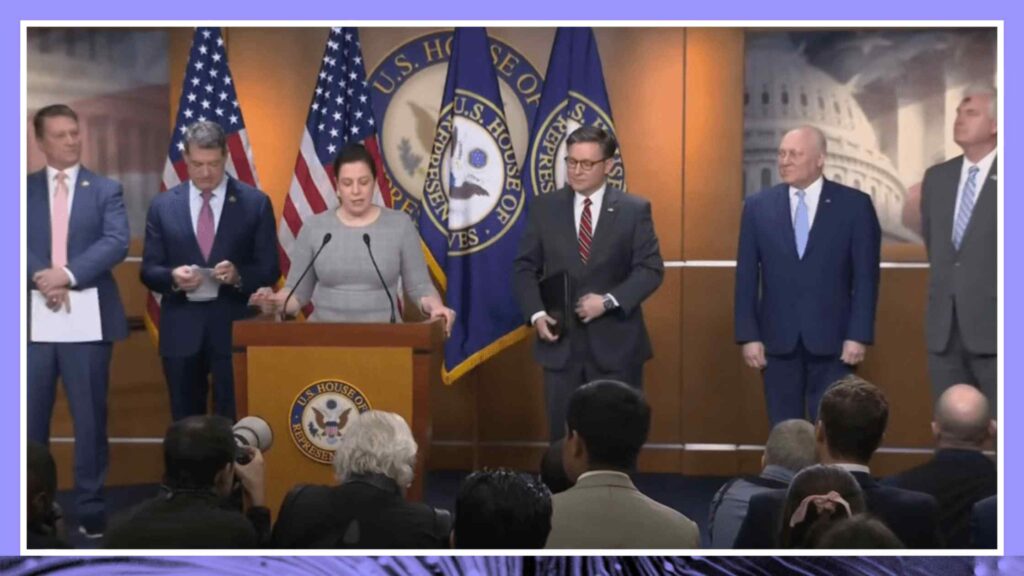Mar 24, 2020
Bill de Blasio News Conference Transcript: NYC Receives 400 Ventilators to Fight Coronavirus

Bill de Blasio, mayor of NYC, held a press conference as the city received 400 extra ventilators to help combat COVID-19 during the pandemic. Read the transcript here.
Bill de Blasio: (00:00)
Focused on literally every hour. I spoke to the Governor this morning. We agreed number one physical concern right now in terms of saving lives is getting more ventilators. I want to first really thank our Commissioner for Emergency Management, Deanne Criswell and her whole team at Emergency Management, because they worked closely with FEMA to make sure that the shipment that you see here got here and got here quickly. And we really needed it for our public hospitals because the supply of ventilators was getting dangerously low in the last few days. So, having this shipment right now is going to be life saving this week in public hospitals. So first, Commissioner, tell us how you worked with FEMA to get these here so quickly.
Deanna Criswell: (00:45)
Yeah, thank you sir. So, we worked with the state and FEMA. We put in a request originally for 15 million ventilators, which was going to be our anticipated need over that. Working with FEMA and our health and human services-
Bill de Blasio: (01:00)
15,000, sorry. 15,000.
Deanna Criswell: (01:04)
15,000, what did I say?
Bill de Blasio: (01:04)
You said million.
Deanna Criswell: (01:05)
Did I really? I’m sorry.
Bill de Blasio: (01:05)
Start again. Time out. Erase that from your tapes.
Deanna Criswell: (01:08)
Yeah, 15,000.
Bill de Blasio: (01:10)
15,000 was our request for the federal government for the whole duration of this crisis over the next few months. Take it from there.
Deanna Criswell: (01:17)
And so we learned on, today’s Tuesday, we learned on Sunday that the federal government was pushing 400 ventilators into the city, and so we really appreciate those ventilators being delivered directly to my warehouse here in Brooklyn. But again, we still have a need. This is buying us some time, but we are going to need more.
Bill de Blasio: (01:37)
And the crucial point was, and I thank the Commissioner, she used to work at FEMA, in fact. She worked with all of her colleagues at FEMA to make sure these got here quickly and right here to this warehouse so they can go directly out to our public hospitals. And speaking of our public hospitals, we have some of the chief medical personnel from Kings County Hospital, one of the biggest of our public hospitals here in New York City and doctors, as you speak, introduce yourselves to everyone. But let’s hear from the doctors literally why these ventilators are so important, what they do, why they are so crucial in this crisis. Doctors.
Dr. Steven Pulitzer: (02:16)
Thank you. Dr Steven Pulitzer. I’m the Chief Medical Officer at Kings County Hospital. This is Dr. Samir Fahmy. He’s head of our Pulmonary and Critical Care. We’re very happy that this shipment has arrived. What we’re seeing is that most patients who come into the hospital have a very quick course where they’re doing okay, and then another day or two they need ventilation. So, Dr. Fahmy is going to speak to you about how a ventilator works and why this is so crucial.
Dr. Samir Fahmy: (02:48)
Most of our patients come with respiratory failure. They cannot oxygenate the blood or have enough oxygen for the system [inaudible 00:03:00]is a crucial equipment to provide the oxygen to the patient lungs and to the patient system. It works by giving a certain volume of air with hypersecretion of oxygen, so it replacement of the lung function. It’s life saving in this condition and we’re happy that the shipment is here and we’ll probably need even more than that.
Bill de Blasio: (03:26)
We’re definitely going to need more. Now doctor, just help people understand very simply, with a ventilator, what does it mean when you’re in that moment when you as a doctor say, “This patient needs a ventilator.” Tell me literally what the difference is. If you can get it right away or if you have to wait an hour, or if you don’t have one at all. Talk about what that could mean for the outcome for the patient.
Dr. Samir Fahmy: (03:49)
The outcome can be very bad. If the patient need a ventilator, he will need the ventilator immediately. Sometimes you have no time or enough time to wait until you get one, so [inaudible 00:04:02] has to be to stand by. Patient can develop respiratory failure or the need for the ventilator can be different.
Bill de Blasio: (04:09)
I’m going to restate as a layman. When you need a ventilator, you need it immediately.
Dr. Samir Fahmy: (04:12)
Absolutely.
Bill de Blasio: (04:13)
You literally, it could be minutes.
Dr. Samir Fahmy: (04:14)
Minutes.
Bill de Blasio: (04:15)
If you don’t have that ventilator, you can lose that patient.
Dr. Samir Fahmy: (04:17)
You will lose that patient.
Dr. Steven Pulitzer: (04:18)
Correct.
Bill de Blasio: (04:18)
And clarify for everyone why, in the case of coronavirus, why the ventilator is so particularly important given what this disease does? Either one of you.
Dr. Samir Fahmy: (04:30)
Mainly because the patient with coronavirus, they get respiratory failure. It means the lungs doesn’t work well because there is fluid in the lung, and the fluid prevent the air or the oxygen to go from the lung to the blood, or go to the other systems, and they need higher concentration of oxygen, and the only way to provide it is by ventilator.
Dr. Steven Pulitzer: (04:53)
Correct. Yes, so in essence, the patient is basically suffocating without having this piece of equipment. They come in and they have very low oxygen, and this is a way that we can give them the proper support that they need in order to get them through the crucial part of their convalescence.
Bill de Blasio: (05:13)
And one more question. This unit, I mean, it’s like the size of a suitcase, this unit, if you have enough, do you think there’s going to be situations where because you have the ventilator, someone will survive and ultimately recover who we would have lost if we didn’t have a ventilator?
Dr. Samir Fahmy: (05:32)
Absolutely.
Bill de Blasio: (05:32)
As simple as that.
Dr. Samir Fahmy: (05:33)
As simple as that.
Bill de Blasio: (05:35)
Some people are going to go through a really tough time with this disease, but if we have enough personnel, we have enough equipment, they will survive. But in the absence of a ventilator, we would literally lose lives we did not need to lose.
Dr. Samir Fahmy: (05:48)
And would lose the lives immediately.
Bill de Blasio: (05:50)
And very quickly.
Dr. Steven Pulitzer: (05:51)
Very quickly.
Bill de Blasio: (05:52)
So this is just to illustrate, this is life and death. Sometimes use words that are too dramatic. This is not too dramatic. This is the blunt truth. It’s life and death. We need these and we need them immediately. I spoke to Dr. Mitch Katz, the CEO of all our health in the hospitals, all our public hospitals, and just days ago he was talking to me about how few days it was going to be before he ran out of ventilators in our hospitals. This shipment of 400 is going to buy us time for sure, but as the Commissioner said, it’s going to buy us days. It’s not necessarily going to buy us weeks or months. It’s going to buy us days given the growth of this crisis.
Bill de Blasio: (06:32)
So right now these ventilators are going to go out to our public hospitals, but we need a lot more where that came from because you just heard from the doctors, even if they had to wait minutes, they could lose a life that they could have saved, and we cannot let that happen. So this is my appeal again, to the federal government, to ensure that we get a whole lot more. We need thousands more ventilators here in New York City to stay ahead of the curve of this disease and to save lives that can be saved.
Bill de Blasio: (07:01)
With that, I think we’re going to actually get to see these things ship out. So who’s going to be coming in to start to move these houses to the hospitals? Are they ready? Okay. Thank you doctors.
Dr. Steven Pulitzer: (07:10)
Thank you.
Transcribe Your Own Content
Try Rev and save time transcribing, captioning, and subtitling.



